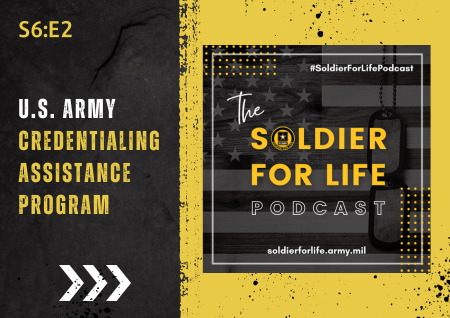A college or advanced degree isn’t the only way to further your education (and your career prospects!).
Earning credentials (which includes certifications and professional licenses) or certificates can also help you advance in your chosen career field.
But what is the difference between a credential, a certification, a license, and a certificate?
- Credentials – The two primary types of credentials are licenses and certifications:
- License - Governmental licensing boards grant legally-required licenses to individuals to practice a specific occupation. State, federal, or local laws or regulations define the standards that individuals must meet to become licensed.
- Certifications – Certifications are awarded by a nongovernmental organization, often through an education and examination process, to individuals who meet predetermined qualifications in their industry area. They are not required, but advancement in certain industries may be contingent upon receiving a certification. Certifications must be periodically renewed.
- Certificates - Certificates are typically issued upon completion of a noncredit educational program. They do not need to be renewed.
- Read below for information specifically for you or check out CareerOneStop to find out more about licenses and certifications (including license and certification finders for your specific field).
- Service Members
- Service members can use ArmyIgnitED and Army COOL to research and apply for more than 1,600 credentialing options.
- The Army’s Credentialing Assistance Program can help service members pay for classes and exams to obtain industry-recognized civilian credentials. (Learn more by listening to our Army Credentialing Assistance podcast episode!)
- Veterans
- The GI Bill offers financial assistance for licensing and certification as well as supplemental education and training. Eligible service members and veterans can use the GI Bill to pay for up to $2,000 in fees for civilian occupational licensing and certification exams. Fees for re-testing and renewing licenses or certifications are also covered.
- MilSpouses
- Be sure to visit the Spouse Employment section of our Employment Toolkit to find information specifically for you about certifications and licenses.
Disclaimer: The resources and links listed above are provided to assist you in pursuit of your education goals. The organizations listed are not an endorsement or partnership of the U.S. Army or Soldier For Life program.
